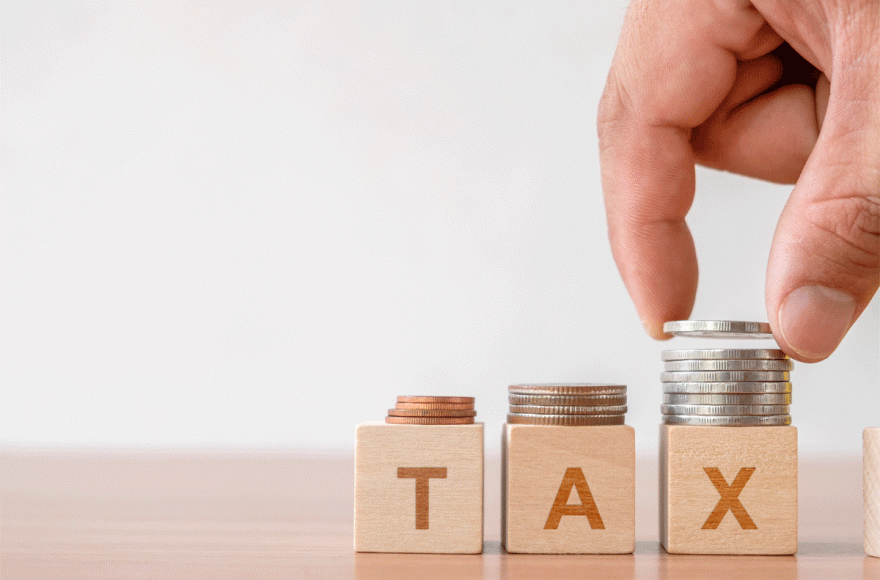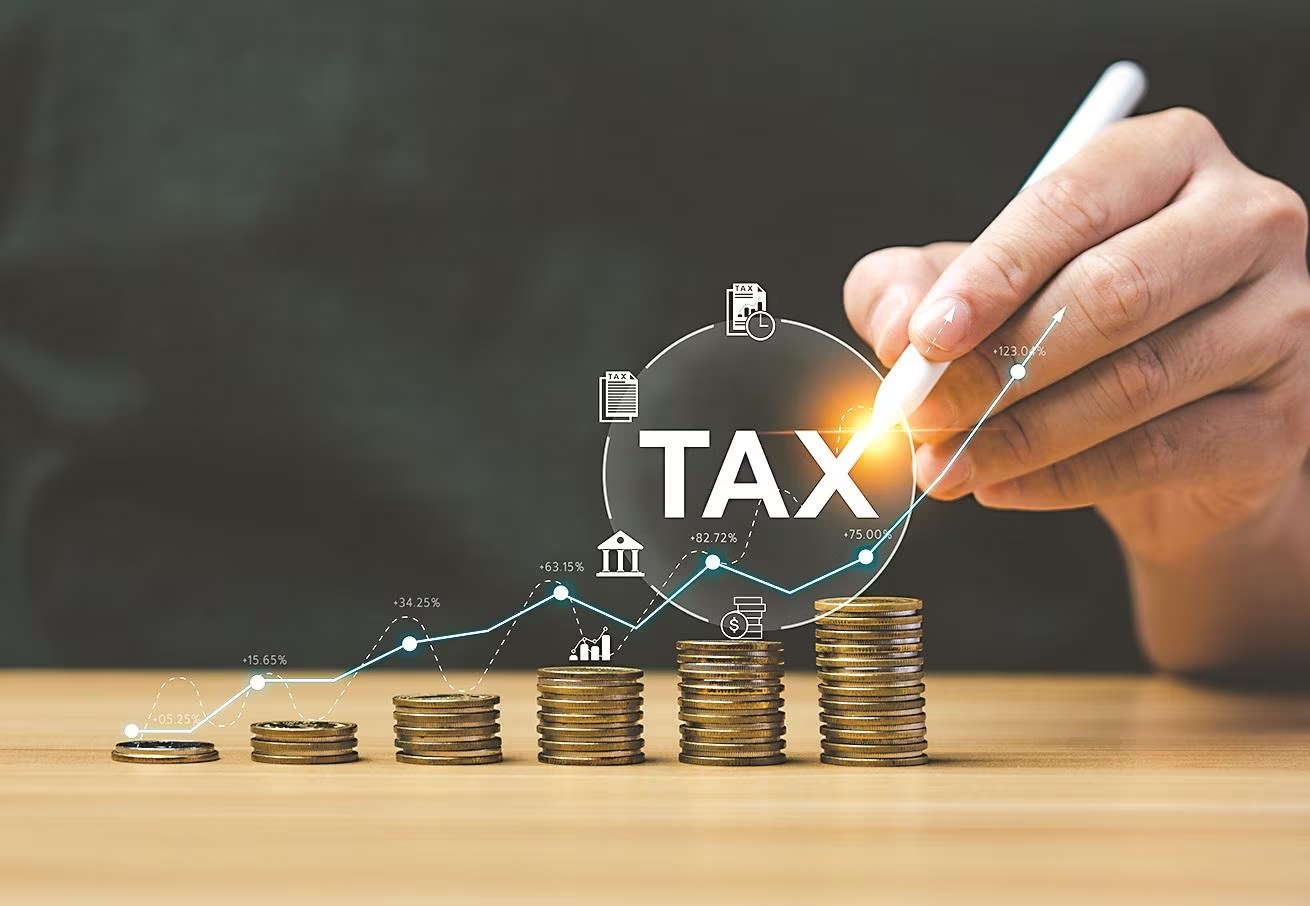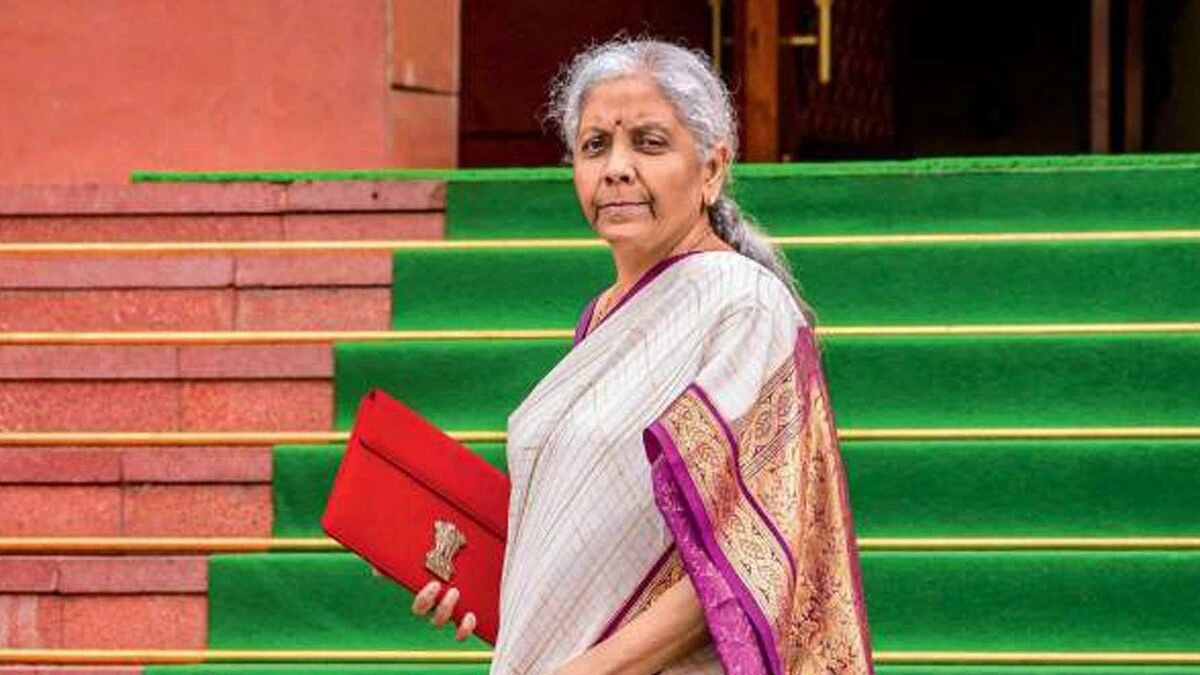Share

Bank Transactions Rules: The Government is keeping a close watch on high-value transactions with the help of data analytics and various agencies to prevent tax evasion. If a person is transacting large amounts in his bank accounts, investments or property purchases but is not fulfilling his income tax liability properly, then he is more likely to get a notice from the Department.
High-Value Transactions Income Tax Rule: The Income Tax Department has now become more vigilant than ever to prevent tax evasion and ensure compliance with tax rules. People who are either not filing income tax returns (ITR) or showing less income than their actual income may come under the Department’s surveillance. For this, the Department has started using data analytics and information received from various Government agencies. The Department is especially keeping an eye on those individuals who are having huge transactions in their bank accounts but are not paying taxes, recently the Central Board of Direct Taxes (CBDT) has directed self-reporting entities (SROs) like banks, post offices, cooperatives, fintech companies and mutual fund houses to provide detailed information of high-value transactions made in each financial year to the Income Tax Department by next 31st May.
What are high-value transactions?
Banks and other financial institutions give information about large financial transactions above a certain limit to the Income Tax Department. The Department keeps an eye on such transactions and if a person is spending excessively compared to his income but is not filing ITR, then he can be sent a notice.
Which transactions come under the surveillance of the Income Tax Department?
The Department maintains a record of high-value transactions through Form 61A under the Statement of Financial Transactions (SFT) or Form 61B as a reportable account. These are based on data provided by the reporting entities. Below is a list of transactions that the Department pays special attention to:
- Purchase of bank draft, pay order, bankers’ cheque or prepaid RBI instrument:
If a person purchases a bank draft, pay order or other prepaid instrument by paying an amount of Rs 10 lakhs or more in cash, then the bank or cooperative society will have to report it to the Income Tax Department through Form 61A.
- Cash deposit in savings account:
If a person deposits cash of Rs 10 lakhs or more in savings account, then the bank, cooperative bank or Postal Department will report it.
- Cash deposit or withdrawal from current account:
If an amount of Rs 50 lakhs or more is deposited or withdrawn from a person’s current account, then the bank or co-operative bank will have to report it.
- Purchase or sale of property:
If a person buys or sells property worth Rs 30 lakhs or more, then the property registrar or sub-registrar will have to be informed about this transaction.
- Investment in shares, mutual funds, bonds and debentures:
If a person invests an amount of Rs 10 lakhs or more in shares, mutual funds, debentures or bonds in cash, then the concerned company or mutual fund trustee has to inform the Income Tax Department about it.
- Paying credit card bill in cash:
If a person pays a credit card bill of Rs 1 lakh or more in cash, then the bank or cooperative society has to give information about it.
- Payment of credit card bill through other means:
If a person pays a credit card bill of Rs 10 lakhs or more through any means other than cash, then also the bank or cooperative society has to report it.
- Transactions related to foreign exchange:
If a person spends an amount of Rs 10 lakhs or more by purchasing foreign currency, credit in forex card, foreign expenses through debit/credit card or traveler’s cheque etc., then the authorized person under the Foreign Exchange Act (FEMA) has to be informed about it.
- Cash deposit in fixed deposit or recurring deposit:
If a person deposits cash of Rs 10 lakhs or more in a fixed deposit (FD) or recurring deposit (RD) account, then the bank, cooperative bank, Nidhi Company or non-banking financial institution (NBFC) has to inform the Income Tax Department about it.
Source : https://economictimes.indiatimes.com/wealth/tax/income-tax-department-regrets-issuing-erroneous-notices-to-taxpayers-know-the-details/articleshow/116387255.cms?from=mdr
Related Posts
SEARCH SMECONNECT-DESK
RECENT POST
- Is cybersquatting threatening your brand?
- How decentralised credit enables SMEs, MSMEs
- India Unveils New Electronics Manufacturing Scheme to Boost Global Role:
- Indian Passport Update: Modi Govt. brings new changes, imposes stricter…, DOB, parents’ name, address and…
- Here are 12 Business Founders to keep an eye on in 2025:








